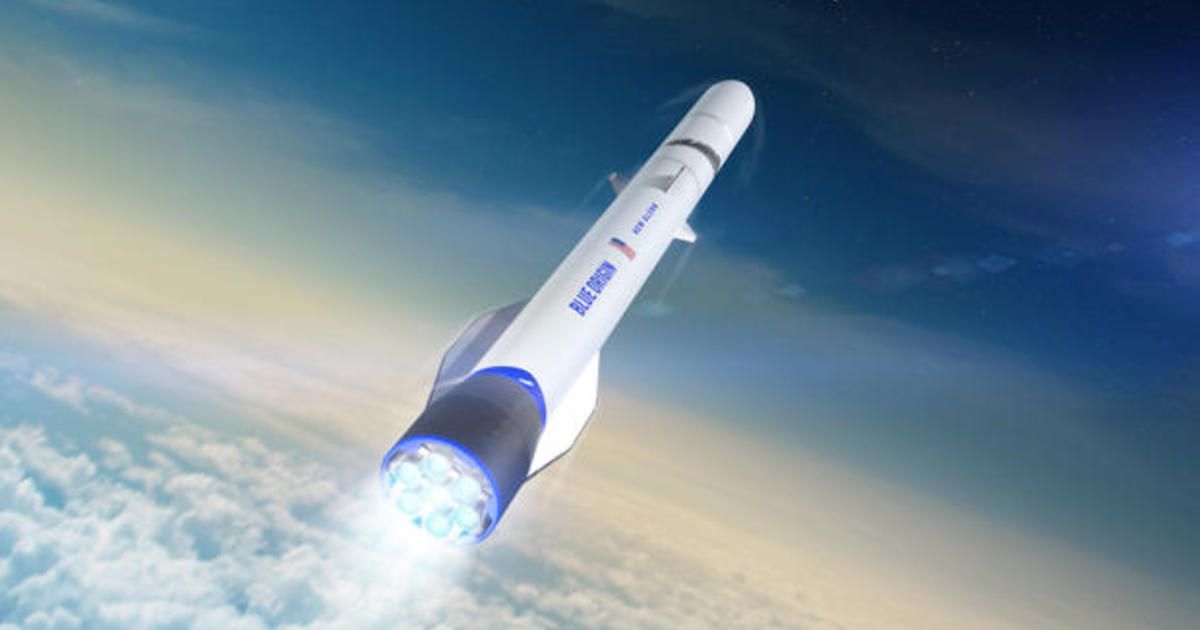Archive for the ‘military’ category: Page 221
Oct 22, 2018
Bioquark Inc. — Veteran On The Move Podcast — Ira Pastor
Posted by Ira S. Pastor in categories: aging, bioengineering, biotech/medical, DNA, health, life extension, military, posthumanism, science, transhumanism
Oct 18, 2018
Sapphire gem-based ‘transparent’ armor protects soldiers from snipers
Posted by Genevieve Klien in categories: military, weapons
Made from a synthetic version of the highly-prized sapphire gemstone, new transparent armor is lighter, thinner and pulverizes bullets on impact.
Currently used by the military on powerful missile launchers and state-of-the-art fighter jets, the unusual transparent armor also has wide-ranging potential to protect troops on the battlefield.
Sapphire gems have long been sought after for their stunning blue beauty, but synthetic sapphires are prized for combat applications. The sapphire is harvested synthetically, producing pure sapphires that are transparent like glass — instead of the iconic blue.
Continue reading “Sapphire gem-based ‘transparent’ armor protects soldiers from snipers” »
Oct 12, 2018
Weaponised AI is coming. Are algorithmic forever wars our future?
Posted by Shailesh Prasad in categories: information science, military, robotics/AI
The Pentagon is pushing algorithmic warfare, but big tech’s involvement assumes the US military is a benevolent force.
Oct 12, 2018
Air Force awards contracts for new rocket prototypes to United Launch Alliance, Northrup Grumman and Blue Origin
Posted by Genevieve Klien in categories: Elon Musk, military, space travel
United Launch Alliance, Northrup Grumman and Blue Origin, a company owned by Amazon-founder Jeff Bezos, were awarded major Air Force contracts Wednesday totaling more than $2 billion to develop next-generation rockets capable of boosting high-value national security payloads into orbit.
Two of the new rockets will be selected in a second competition, providing assured access to space through the next decade and beyond. In a surprise to some observers, SpaceX, the ambitious rocket company founded by Elon Musk, was not among the latest winners in the Pentagon’s Evolved Expendable Launch Vehicle program.
The Launch Service Agreements “will facilitate the development of three domestic launch system prototypes and enable the future competitive selection of two National Security Space launch service providers for future procurements, planned for no earlier than fiscal year 2020,” the Air Force said in a statement.
Oct 10, 2018
The Pentagon’s Push to Program Soldiers’ Brains
Posted by Genevieve Klien in categories: military, robotics/AI
The military wants future super-soldiers to control robots with their thoughts.
I. Who Could Object?
“Tonight I would like to share with you an idea that I am extremely passionate about,” the young man said. His long black hair was swept back like a rock star’s, or a gangster’s. “Think about this,” he continued. “Throughout all human history, the way that we have expressed our intent, the way we have expressed our goals, the way we have expressed our desires, has been limited by our bodies.” When he inhaled, his rib cage expanded and filled out the fabric of his shirt. Gesturing toward his body, he said, “We are born into this world with this. Whatever nature or luck has given us.”
Continue reading “The Pentagon’s Push to Program Soldiers’ Brains” »
Oct 5, 2018
Neil deGrasse Tyson says Trump’s “Space Force” is “not a crazy idea”
Posted by Michael Lance in categories: military, space
“We are all stardust,” astrophysicist Neil deGrasse Tyson tells CBS News Chief White House Correspondent Major Garret on this week’s episode of “The Takeout.” “And you have a connectivity to the universe that for me is uplifting rather than ego-busting.”
Tyson joined the podcast to discuss his new book, “Accessory to War: The Unspoken Alliance Between Astrophysicists and the Military.” The book, written with co-author Avis Lang, explores the long and complicated history of how the study of astrophysics changed warfare.
In July, “The Takeout” welcomed NASA Administrator Jim Bridenstine, who described how reliant we are on space technology.
Sep 28, 2018
Researchers find inspiration in nature to improve ceramic armor
Posted by Klaus Baldauf in categories: 3D printing, cybercrime/malcode, engineering, military

ABERDEEN PROVING GROUND, Md. — Future American Soldiers will be better protected in combat by stronger and lighter body armor thanks to innovative work at the U.S. Army Research Laboratory. Materials science engineers are using nature as the inspiration for breakthroughs in additive manufacturing.
“My project is to design a system that can 3D print armor ceramics that will allow production of parts with graded structures similar to an abalone structure in nature that will improve the ceramic armor’s toughness and survivability with lower weight,” said Joshua Pelz, a materials science and engineering doctoral candidate at the University of California San Diego. He spent this summer working with Army scientists at ARL’s Rodman Materials Science Laboratory at APG to design and build a unique 3D printer.
Continue reading “Researchers find inspiration in nature to improve ceramic armor” »
Sep 27, 2018
Will the US Military Space Force’s Reach Extend to the Moon?
Posted by Genevieve Klien in categories: economics, government, military, space travel
Just how valuable is that stretch of space between Earth and the moon’s orbit? Might this celestial real estate become hot property as an extension of military arenas in low Earth orbit, medium Earth orbit, and geosynchronous orbit?
Given forecasts of 21st-century activity on and around the moon by both private and government entities, could this be an economic area of development that needs protection in sthe years and decades to come? [In Photos: President Donald Trump and NASA].
Sep 24, 2018
How Europe can improve the development of AI
Posted by Derick Lee in categories: economics, employment, military, mobile phones, robotics/AI
THE two superpowers of artificial intelligence (AI) are America and China. Their tech giants have collected the most data, attracted the best talent and boast the biggest computing clouds—the main ingredients needed to develop AI services from facial recognition to self-driving cars. Their dominance deeply worries the European Union, the world’s second-largest economic power (see article). It is busily concocting plans to close the gap.
That Europe wants to foster its own AI industry is understandable. Artificial intelligence is much more than another Silicon Valley buzzword—more, even, than seminal products like the smartphone. It is better seen as a resource, a bit like electricity, that will touch every part of the economy and society. Plenty of people fret that, without its own cutting-edge research and AI champions, big digital platforms based abroad will siphon off profits and jobs and leave the EU a lot poorer. The technology also looms large in military planning. China’s big bet on AI is partly a bet on autonomous weapons; America is likely to follow the same path. Given the doubt over whether America will always be willing to come to Europe’s defence, some see spending on AI as a matter of national security.

















